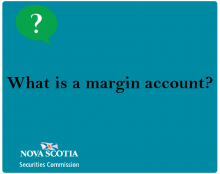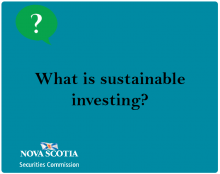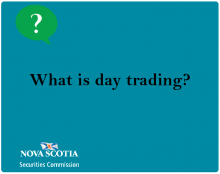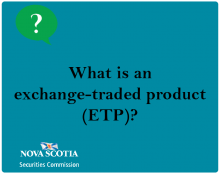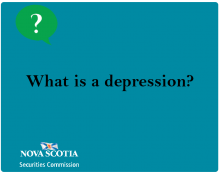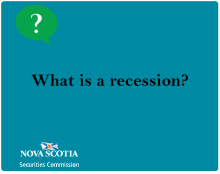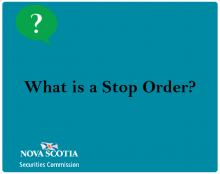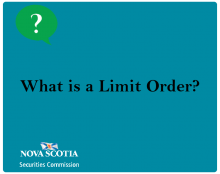Question of the Week: What is a margin account?
Submitted by nsscadmin on
A margin account is a brokerage account in which the broker loans the investor money to purchase stocks and other investments. The investments purchased and money remaining in the account are collateral for the loan and the investor is also charged interest on the loan.


